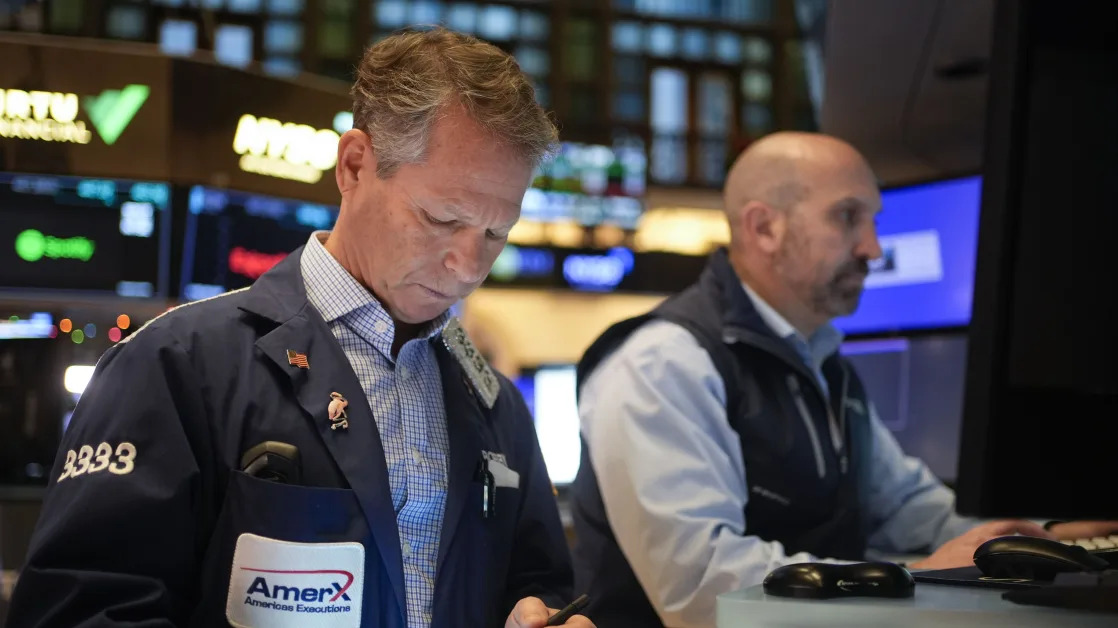(Bloomberg) -- A popular yen-centered carry trade that blew up spectacularly two weeks ago appears to be creeping back.
Japan’s currency has weakened more than 5% against the dollar since Aug. 5, when a cocktail of hawkish Japan monetary policy moves, jitters around US earnings and a feeble jobs report catapulted the yen to a seven-month high.
Nomura International Plc has seen a variety of investors start borrowing the yen again to invest the proceeds elsewhere in higher-yielding assets. It suggests corporate clients and hedge funds, who have been enthusiastic carry traders, are getting back into those deals.
“There has been a notable move back” into carry trades after US retail sales data beat estimates, said Antony Foster, head of Group-of-10 spot trading at Nomura in London. Multiple accounts have sold yen to buy the Australian dollar and sterling, he said.
ATFX Global Markets has seen around a 30% to 40% rise in yen shorts in the past week, with a big chunk of the bets driven by hedge funds and high net worth investor clients.
“People have pretty short memories,” William Vaughan, associate portfolio manager at Brandywine Global Investment Management, said of the carry trade and investors who ply them. “There’s so many momentum traders in that sort of space.”
One of the key questions for investors still sitting on the carry-trade sidelines is whether the Bank of Japan will hike interest rates again this year. BOJ Deputy Governor Shinichi Uchida has already indicated that policymakers won’t raise rates further if financial markets are unstable.
If the BOJ holds fire, then the allure of re-entering the trade is poised to grow.
Traders may get further clarity on the trade this week with BOJ Governor Kazuo Ueda due to speak before parliament on Aug. 23. They may also be emboldened if Federal Reserve Chair Jerome Powell, in his Jackson Hole speech due the same day, pushes back against bets by some traders that the US central bank will ease monetary policy by a half percentage point in September.
The yen has slid to around 149 per dollar since touching 141.70 on Aug. 5, but investors still remain cautious about selling the Japanese currency given its sudden surge earlier this month. “The big over-hang short yen position has been wiped out, but this market is extremely fragile,” says Foster at Nomura.
The fragility was evident in the latest Commodity Futures Trading Commission data, which showed speculative traders pulling back sharply on bearish yen bets during the week to Aug. 6.
Even if comments from Ueda and Powell pave the way for investors to buy dollars for yen though, that doesn’t mean they will all rush to do so.
M&G Investment Management, which has pared some bullish positions on the yen, says that while the currency is undervalued, it might remain so for a while yet.
Japan’s currency “is really cheap, but we’re not foolish enough to think that it is going to ping back down to fair value anytime soon,” said Jim Leaviss, one of Britain’s most well-known bond investors and head of fixed income at M&G.
For Nick Twidale from ATFX, there’s already evidence that investors are reloading yen shorts as part of their strategy to buy higher-yielding assets. “The carry trade is still very relevant,” said the chief analyst in Sydney.





